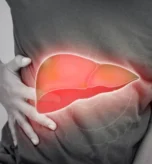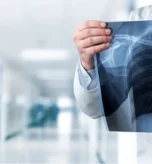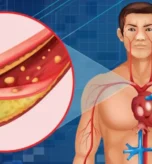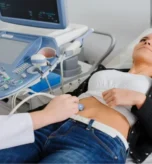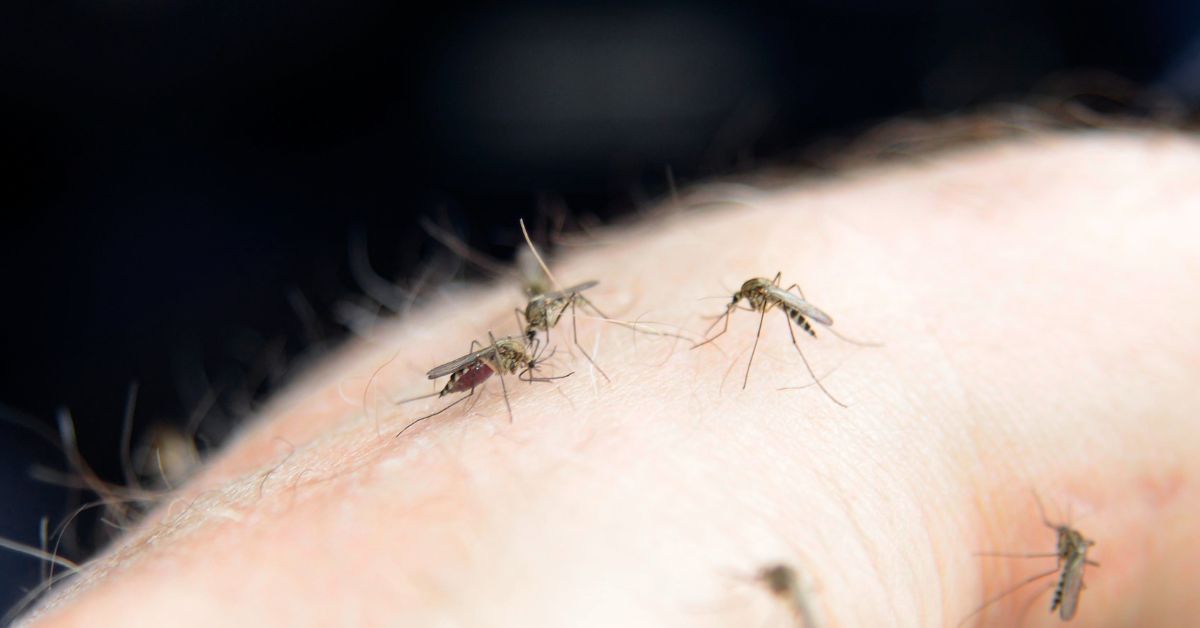
Malaria is a potentially life-threatening infection caused by parasites spread through the bite of infected female Anopheles mosquitoes. Although it can be prevented and cured, the process of recovery is physically and psychologically exhausting. If you understand how malaria is contracted and practice healthy habits, your overall recovery will be much faster and stronger.
In this guide, we lead you through the necessary steps to enhance your recovery, provide tips on malaria recovery time, and assist you in responding to that age-old question: malaria, how many days to recover?
Need help managing your post-malaria symptoms or rebuilding your health?
Explore expert teleconsultations, personalized recovery plans, and diagnostic support at Yellomedi — your trusted partner in holistic healthcare.
Step 1: Adhere to Your Medicine Dosage Schedule Strictly
The initial and foremost thing to do in recovery from malaria is to strictly follow the regimen of antimalarial drugs as advised by your physician. Either you are on chloroquine, artemisinin-based combination therapy (ACT), or some other medication as advised by your physician, and you never miss a dose. Stopping treatment early can result in the recurrence of the infection or generate drug resistance, and increase the time to recovery from malaria.
Still feeling weak after malaria?
Schedule your follow-up blood tests and consultations through Yellomedi to ensure your recovery is complete and safe from relapse.
Step 2: Rest is Non-Negotiable
Fatigue is perhaps the most widespread after-effect of malaria. Even once your fever has gone, your body will still be feeling weak and sluggish. This is because malaria tends to drain red blood cells and demoralize your immune system. At this time, rest is not just necessary, but crucial.
Shoot for 8–10 hours of sleep per day and take a break from hard work. Let your body have the time it needs to regenerate and rebuild its strength.
Step 3: Hydration and Fluids
Malaria often causes high fever, sweating, and sometimes diarrhea—all of which can lead to dehydration. Drinking plenty of fluids is key to speeding up your recovery. Water, fresh fruit juices, coconut water, and herbal teas can help replenish lost fluids and minerals.
Step 4: Focus on a Nutrient-Dense Diet
Your body requires additional fuel to combat infection and heal damaged tissue. Iron-rich foods like leafy greens, dates, and lean meats will help replace lost red blood cells. Add foods with high vitamin C content to enhance iron absorption and support your immune system.
Your recovery foods of choice should be:
- Boiled eggs
- Lentils and pulses
- Whole grains like brown rice and oats
- Fresh fruits like oranges, papaya, and guava
- Vegetables like spinach, beetroot, and carrots
Avoid oily, spicy, and highly processed foods throughout this time.
Step 5: Watch for Symptoms and Follow Up
Even after the fever has resolved, some of the symptoms, such as headaches, fatigue, and dizziness, can persist. If these symptoms do not go away after two weeks or get worse, seek advice from your doctor. Complications such as anemia, jaundice, or even organ involvement may necessitate further treatment.
A second blood test may be required to confirm that the parasite has been fully removed. This is particularly necessary for Plasmodium vivax or P. ovale, as they can lie dormant in the liver and resurface later.
Worried about reinfection or long-term effects?
Get preventive care advice, medication reminders, and online access to specialists through Yellomedi — healthcare that comes to you.
Step 6: Gradual Physical Activity
As you start to recover, gentle exercises like walking or stretching can improve circulation and strengthen your muscles. But don’t jump into a high-intensity workout schedule too quickly; it can send you back.
Pay attention to your body. If you’re tired or lightheaded, step back and rest.
Step 7: Mental and Emotional Health
Malaria recovery doesn’t only concern the physical self. Most patients feel mentally exhausted or depressed following a bout of illness. You should make your mind your priority by practicing relaxing activities such as reading, listening to music, meditating, or socializing with loved ones.
If you can’t deal with it emotionally, then it’s best that you consult a mental health expert.
Step 8: Prevent Future Infections
After you recover from malaria, take protective measures against reinfection. Recovery does not confer immunity (with the exception of partial protection in certain endemic areas), and you are still susceptible to mosquito bites.
Protect yourself by:
- Using mosquito nets and repellents
- Wearing long-sleeved garments in high-risk environments
- Draining standing water around your home
- Keeping doors and windows screened
If you are a resident in or visiting a malaria-endemic region, discuss prophylactic antimalarial medication with your physician.
Malaria Recovery Time: What to Expect
One of the most frequent questions is: How many days does it take to recover from malaria? The recovery time from malaria can differ based on the species of parasite, the severity of infection, the patient’s age and immunity levels, and the timeliness of treatment initiation.
For uncomplicated cases:
- Fever will typically remit within 48 to 72 hours from the initiation of treatment.
- General recovery usually occurs in 7 to 14 days, but fatigue can take weeks.
For the more serious complications or for a delay in diagnosis, the time to recover from malaria may take a month or more, particularly with complications such as anemia or liver failure.
Malaria is a dangerous disease, but with timely treatment and proper care, you can recover fully. Adhering to a balanced method of adherence to medication, proper nutrition, rest, water intake, and supervision will go a long way in minimizing your malaria recovery time. Remember, your body has waged a war—now is the time to feed and care for it back to health.
Recover smarter, not harder.
From dietary guidance to diagnostic tools and virtual consultations,Yellomedi offers everything you need for a full and fast malaria recovery.



